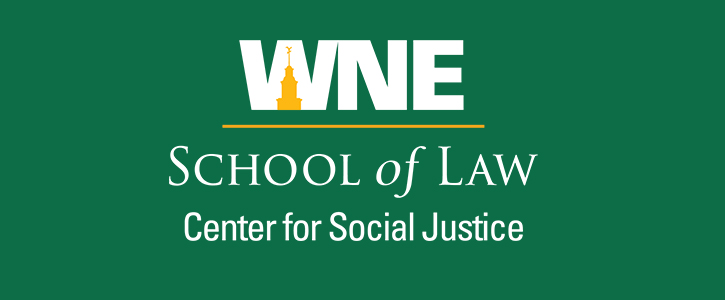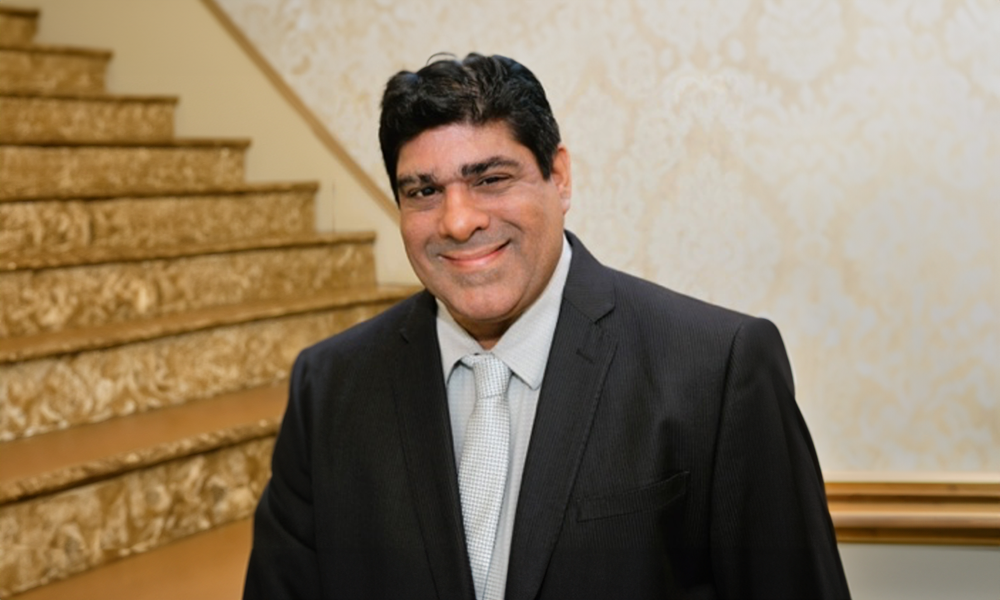Western New England University (WNE) School of Law's Center for Social Justice will present Addressing Conflict in Schools Using Nonviolent Strategies in conjunction with the Greater Springfield Campaign Nonviolence on Monday, January 17, 2022 at 7:00 p.m. Executive Director of Nonviolent Schools RI Robin Wildman will lead this important and timely discussion. Register for this virtual zoom event at https://bit.ly/WNEMLKDAY2021.
Robin Wildman has been a senior-level Kingian Nonviolence practitioner and teacher for 20 years and a public school teacher for 28 years (recently retired). Presently, she is the Executive Director of the nonprofit organization, Nonviolent Schools RI, which is a result of her desire to train those who work in the field of education in Kingian Nonviolence so that they can work towards institutionalizing the philosophy and conflict reconciliation strategies, thus transforming the climate and culture of their schools.
She has conducted workshops, given lectures, and trained hundreds of adults and children in methods to address and reconcile conflict used by Dr. Martin Luther King, Jr. She is the author of a Kingian Nonviolence curriculum used nationally and internationally, as well as a post-training reflection journal.
Robin has worked closely for 20 years with her mentor and the honorary board chair of Nonviolent Schools RI, legendary civil rights leader Bernard LaFayette Jr., who worked with Dr. King. She believes that giving students and school staff the tools to understand and address conflict will significantly reduce school violence in all its forms and lead to a more just environment in which students can thrive and achieve their full potential.
For more information contact Center for Social Justice Director Ariel Clemmer at ariel.clemmer@law.wne.edu.
The Western New England University's Center for Social Justice works toward advancing social justice through research, advocacy, education, innovation, and public engagement. It is designed to strengthen collaborative efforts between the School of Law and the region to work toward a more just, equitable, and inclusive society. The Center provides a centralized hub of activity for the School of Law's justice-related teaching, scholarship, and service. It broadens social justice academic offerings, helps students aspiring to be social justice lawyers achieve their goals, imbues a culture of pro bono volunteerism in students, faculty and other legal professionals, manages in-house pro bono projects, and works closely with community organizations and partners to identify and address unmet needs that require a multi-dimensional response cutting across law and other fields. For more information, visit wne.edu/csj.





